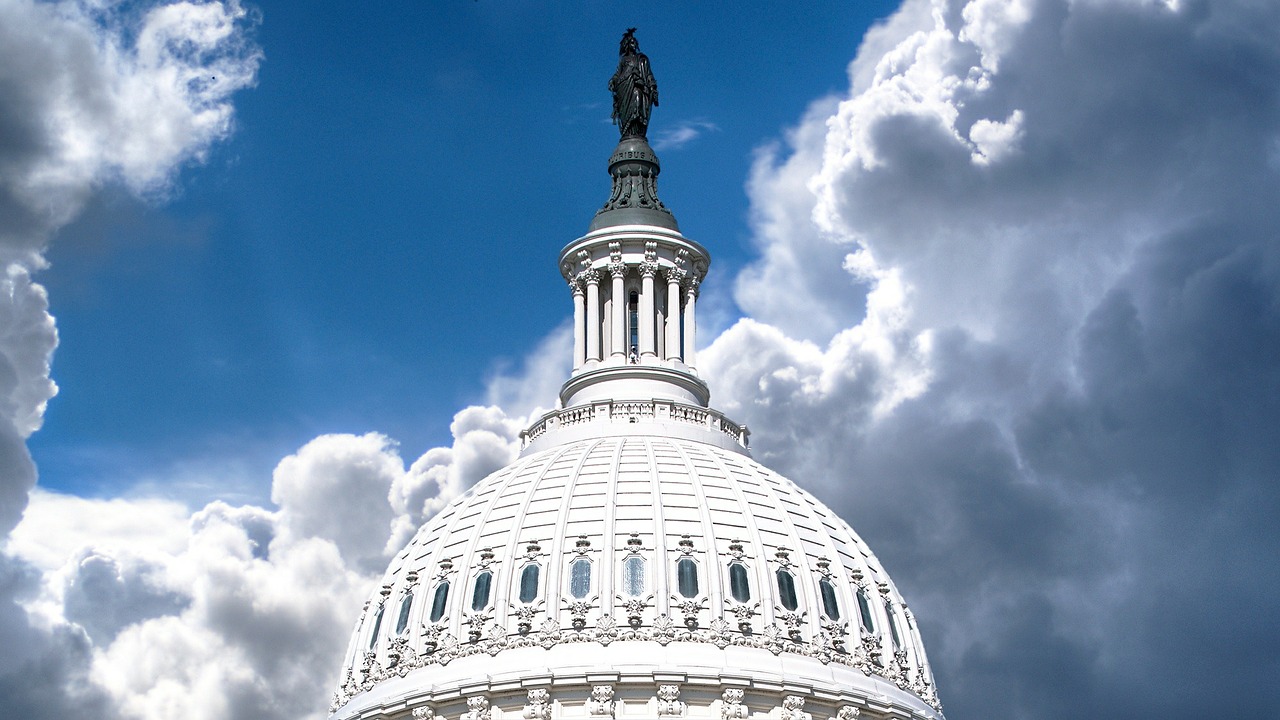Frustration, Rage, Anxiety, Despair!
These are the feelings I have heard from many federal government civilians who have endured hiring and pay freezes, furloughs, sequestration, and government shutdowns, as well as current and pending workforce drawdowns and budget reductions. Add to the mix, the front edge of the Baby Boomer generation became retirement eligible in 2012, and some former military roles / responsibilities have been reassigned to civilians, and most of us can identify the potentiality of this predicament. However, as we also know, opportunity accompanies adversity. Retiring federal employees create openings for the next generation of civilian workers, and it is this generation who will lead our country for years to come.
That said, there has been one unforeseen dilemma many government leaders are now very concerned with, and that is the recent departure of a large number of younger government employees. How can we replenish the knowledgebase of retiring leaders without a solid foundation of employees to draw from? What can be done to ensure we not only recruit, but retain, the best and brightest minds of this generation? What about the current government civilian leaders? What can we do to foster their generativity (the need to nurture, guide and contribute to the next generation) to raise and educate the ensuing generation of government leaders?
One approach taken by the Office of Personnel Management (OPM) was to release the policy on Phase Retirement (PR) – made possible by section 100121 of Public Law 112-141. This policy will permit approved applicants to work half-time (i.e. 20 hours per week), where they are expected to spend 20 percent of their time mentoring employees, while simultaneously testing the retirement waters. OPM started allowing agencies to send in PR applications for processing as of November 2014. Many agencies are also embracing curriculums like formal mentoring programs which could help transfer knowledge, train and retain younger workers, and aid succession planning efforts. But how can we know these efforts will be effective?
One way to do this is to examine the relationship between areas such as mentoring, job satisfaction, and phased retirement, as well as federal workforce tendencies to encourage, guide, and contribute to the next generation of government employees.
You can actually make a difference and here’s how: I have spent the last year researching this area and need your input and insights. I have taken this on as my PhD research project and have developed an online survey that takes about 10 minutes to complete. This study will capture data not amassed in any other survey and can help add meaningful insights regarding the pending departure of younger federal employees, as well as understanding the risk factors leading to a mass exodus of the retiring workforce. Furthermore, it will help us understand how mentoring and generative traits affect retention and performance, job satisfaction and intention to quit, and how they correlate to each other.
If you are a federal government civilian and want to contribute to this under-researched area impacting civilian personnel and the workplace, know that all the data accrued in this study is completely confidential and responses will be reported in the aggregate only . . . Most people complete the survey in about 10 minutes!
Survey Link is here.
NOTE: This survey was review and is approved by the George Mason University Office of Research Integrity & Assurance and Institutional Review Board.





Interesting post! I’m looking forward to hearing the outcomes of your research!
Thanks Hannah 😀 This study should provide details that improve our work lives…so I hope many Feds take this opportunity to make their voices heard! GovLoop has FIRST DIBS on my research results :o)
Fed Civilians, time is running out for your voice to be heard! Don’t miss your this FINAL opportunity to make a difference…Submit your responses before the survey closes this week!